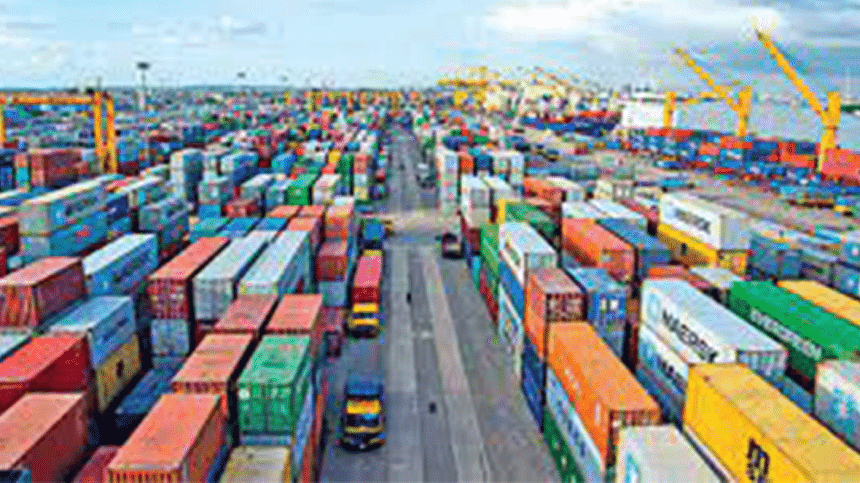Bangladesh to be 24th largest economy by 2030

Bangladesh is expected to become the 24th largest economy in the world by 2030 despite a rise in poverty, unemployment and income losses because of the severe impacts of the Covid-19 pandemic, according to a government report.
"By 2041, Bangladesh will also become a digital economy," said the National Human Development Report (NHDR) prepared by the Economic Relations Division (ERD).
The ERD published the report yesterday, which was contributed by leading economists and consultants -- Mustafizur Rahman, distinguished fellow of the Centre for Policy Dialogue (CPD), and Selim Jahan, former director of the human development report office of the UNDP and an adviser to NHDR.
Bangladesh today enjoys a steady economic growth of nearly 7 per cent per annum and as a result, a mere $35 billion economy of the mid-1990s has grown more than nine-fold to become a $330 billion economy in 2020.
During the same period, the per capita income of Bangladesh has registered a nearly seven-fold rise from $300 to $2,064. The poverty incidence has fallen from 58 per cent in 1990 to nearly 21 per cent in 2019.
Over the past three decades, the life expectancy has increased significantly in Bangladesh – from 58 years to about 72.6 years, an increase of about 15 years.
The expected years of schooling – the number of years that a child of school-age can expect to receive education – rose from 5 years to 11 years between 1990 to 2019, said the NHDR report.
Today Bangladesh has achieved a life expectancy of 72.6 years as opposed to India's 70 and Pakistan's 67.
In Bangladesh, the under-five mortality rate is 28 in 1,000 live births, compared to 48 in India and 81 in Pakistan.
Bangladesh's role and involvement in global peacekeeping is noteworthy. So far, 163,887 peacekeepers from Bangladesh have participated in UN missions in over 40 countries.
The country has a total of 6,731 peacekeepers to the UN peacekeeping operations, the report also said.
The Covid-19 pandemic would inform and influence the future human development trajectory of Bangladesh.
So, it is essential to assess its negative economic and non-economic impacts and formulate all possible short and medium-term strategies in order to deal with it effectively.
The Covid-19 is a new challenge that would impact the future human development journey of Bangladesh.
Because of the pandemic, women's time allocation for unpaid care work is projected to go up by 51 per cent and for unpaid domestic work by 29 per cent.
For example, the impact of the pandemic will be more on marginalised and vulnerable groups and they will also have tougher times getting out of it.
With most of the learning now being online, students from poorer households would be at a disadvantage.
Thus, there will be disparities in learning and in life opportunities between richer and poorer households.


 For all latest news, follow The Daily Star's Google News channel.
For all latest news, follow The Daily Star's Google News channel. 



Comments